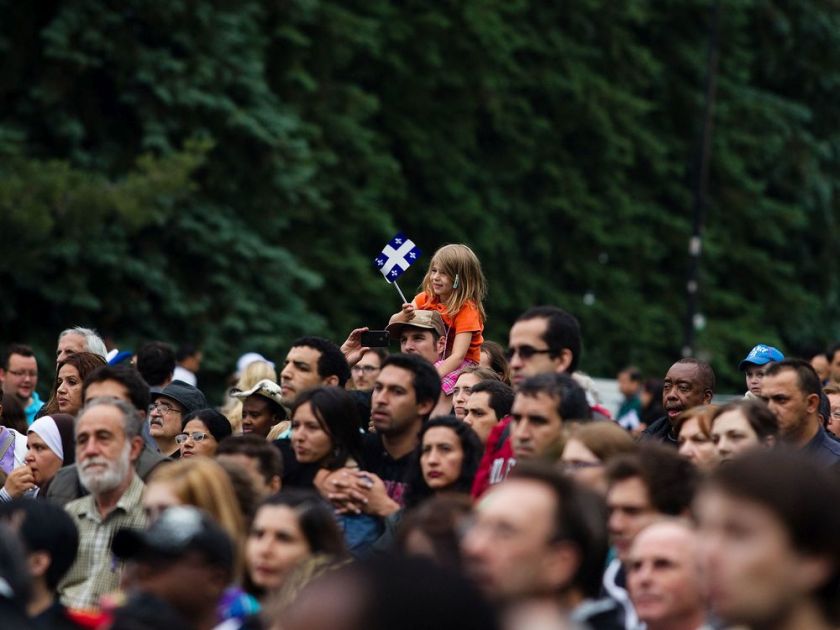Fears that an interculturalism law would restrict minority rights are unfounded; rather, it would reaffirm them.
Recent calls for the adoption of a law on interculturalism, including by the Quebec Liberal Party’s youth wing, have given rise to fears that such a law would restrict minority rights in Quebec.
Such fears are unfounded. Interculturalism does not restrict minority rights, but rather reaffirms them. It reaffirms, for example, the right of the English-speaking community to maintain its culture and institutions, in particular its universities, hospitals and, especially, its school boards. It is a well thought-out, comprehensive policy framework that is inclusive of all Quebecers.
This policy, which has been promoted by every Quebec government in some form since 1971 and was given new impetus by the Bouchard-Taylor Commission, rests on two pillars.
The first is a common francophone culture, shared political institutions — notably the National Assembly — a common history that started with French exploration of the New World and continued with the development of a modern society that is in good part characterized by cultural diversity.
The second pillar, cultural diversity, recognizes a multiplicity of cultural communities and also accords special status to First Nations, the Inuit and the English-speaking community.
Interculturalism implies the recognition both of the francophone majority and of minorities. It is Quebec’s policy model for integration and the management of diversity.
What is the difference between interculturalism and multiculturalism? The former tries to reconcile a common culture with cultural diversity, while the latter restricts itself to the promotion of cultural diversity. For a national minority like Quebec, which naturally fears marginalization, multiculturalism is not a sufficient guarantee of its survival.
In my view, if the Quebec government were to restrict itself to the promotion of cultural diversity, it would actually hamper its ability to defend the special status of English-speaking Quebecers as a founding minority. The English-speaking community would be seen as one minority among others.
Interculturalism also promotes the social and economic integration of immigrants in French, which is not the case for multiculturalism. As the only francophone society in North America, it is reasonable for Quebec to implement legislation in defence of its language and culture.
Interculturalism places an onus on both institutions and citizens to resolve issues related to cultural differences by engaging with each other rather than through recourse to the courts.
It also informs the way in which we teach history and good citizenship, as it takes into account both the common culture and cultural diversity. It seeks to promote intercultural exchanges, the contribution of cultural diversity to Quebec and the fight against all forms of discrimination.
Some believe that a law on interculturalism is unnecessary, as it is already Quebec’s policy. However, like Canada’s Multiculturalism Act, legislation would allow the affirmation of Quebec’s model, the respect of diversity and the recognition of its founding minorities, and oblige the Quebec government to take into account not only the common culture, but also cultural diversity and the respect of minority rights.
Had Quebec already adopted a law on interculturalism, I believe it would have been much more difficult for the Coalition Avenir Québec government to adopt populist and discriminatory laws such as Bill 21 on secularism and Bill 9 on immigration. An interculturalism law would have established the foundational principles concerning integration and the management of diversity, and would have posed, both legally and logically, an additional obstacle to the CAQ’s policies.
Some believe that the recognition of the francophone majority and minorities is divisive. However, this reflects reality and the government cannot govern only for the francophone majority, nor can it govern only for minorities. It must address both groups’ legitimate interests. What is divisive is the absence of recognition of both groups’ legitimate interests.
This is why we need legislation that strikes a balance between the majority and minorities. We need to affirm a common culture that includes all Quebecers. This is the goal of interculturalism.
Antoine Dionne Charest is a PhD student in philosophy at Université de Montréal.























